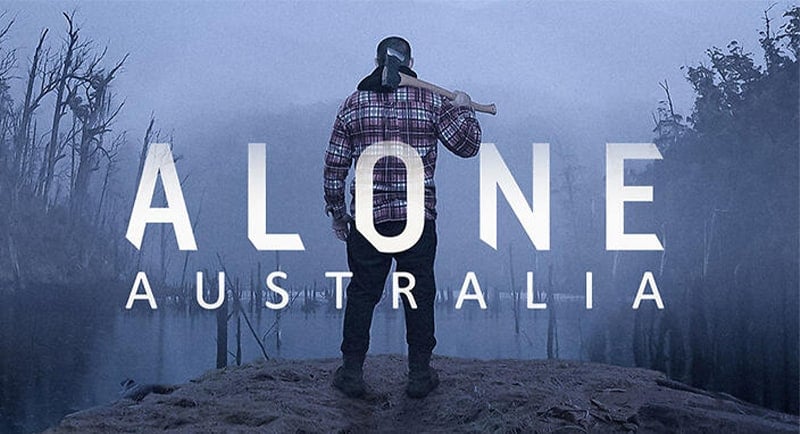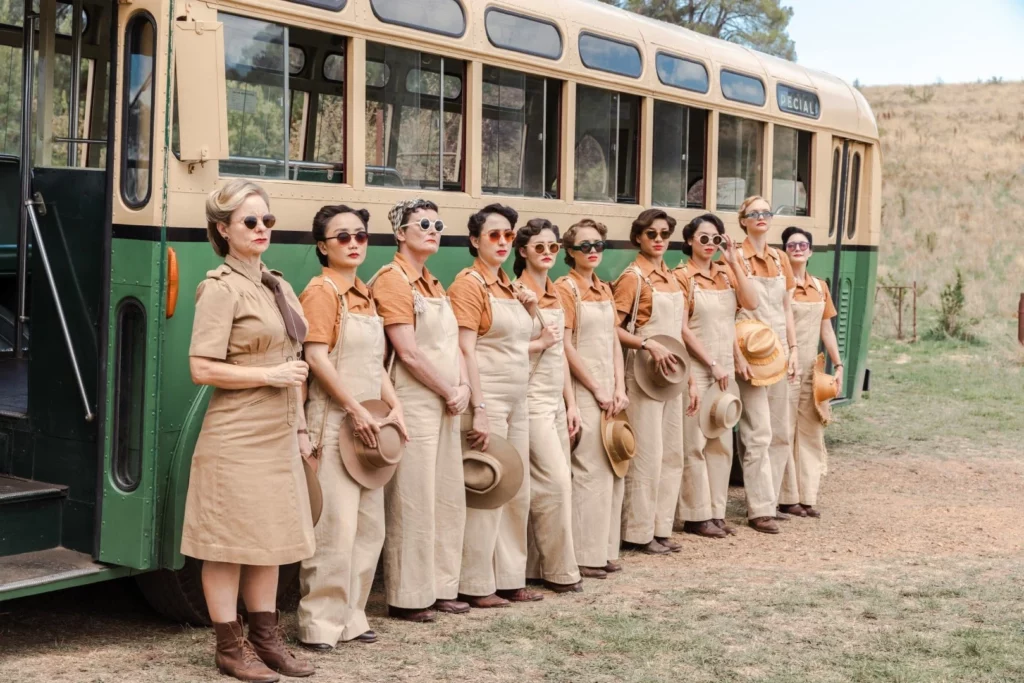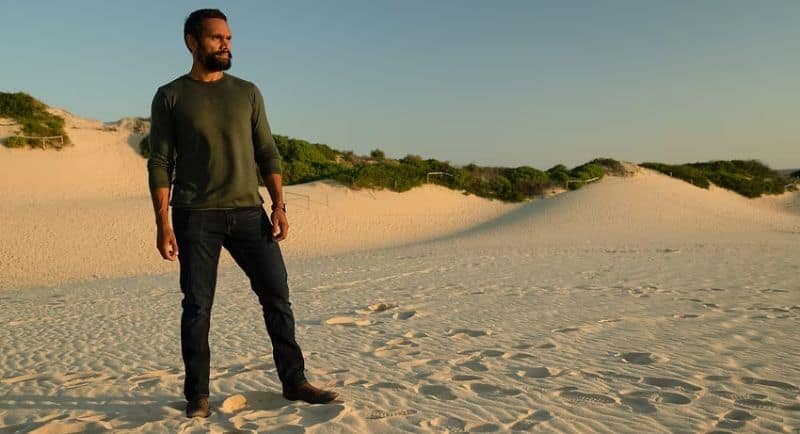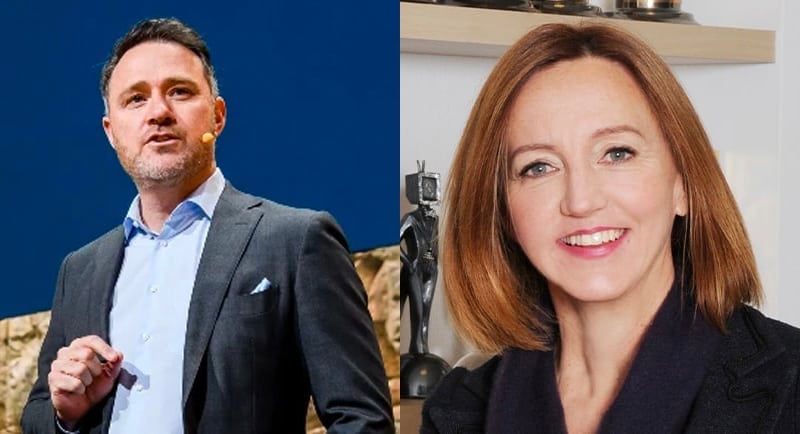2023 was a year dominated by sweeping changes in TV; as linear ad spends declined and advertisers followed audiences onto new platforms, the battles for content, sports rights, and even metrics became fiercer than ever. Mediaweek is ending the year by catching up with the free-to-air networks for their thoughts on the year.
Mediaweek spoke to SBS director of media sales Adam Sadler and director of television Kathryn Fink about the public broadcaster’s record-breaking content, ESG positioning opt-out ad initiatives and its position on one measurement currency.
Sadler: “[2023] has been a significant watershed moment for television. We have seen a structural shift in our audiences shifting from linear TV to BVOD platforms. We saw this with Alone, which had 1.4 million viewers for episode one, and around 50% of those viewers watched the first episode on SBS On Demand. That’s the moment that we realised, that TV is still the dominant media player in the marketplace, but the shape of TV is changing as it becomes one ecosystem, and BVOD is no longer just an extension, it’s part of the FTA offering.”
Fink: “We’re punching well above our weight. We’re continuing to grow our linear share and looking at hitting around 9% for the full calendar year on the network and growing our BVOD consumption – so overall, the picture is positive.
“Alone was the most successful commission in the history of SBS, and was absolutely one of the highlights. We also had some great unscripted programmes and distinctive scripted shows – ones that you wouldn’t see on other networks.”

See also: Alone Australia takes the title of SBS’s most successful original commission
Fink pointed to SBS’s slate of unique and diverse programming, singling out its Logie-winning series The Australian Wars, the topical documentary series on consent Asking For It and The Swap, as well as scripted content hits such as Erotic Stories and While The Men Were Away. Plus SBS retained exclusive rights to the Men’s FIFA World Cup 2026.
“The challenge is you’ve always got to find that content that is going to break through the crowd, particularly in a heavily competitive marketplace. SBS has this truly distinctive positioning and distinctive content, which helps in terms of breaking out of that competitive space with content that people aren’t going to find elsewhere.”
One currency to rule them all?
As the industry prepares to usher in VOZ next year, Sadler believes the impact will only be positive for the industry – particularly for linear ad spends.
“The ability of agencies and clients to measure reach and frequency across a total video ecosystem of linear, digital and regional, will be a game changer. This transparency will allow brands to see what their true reach and return on investment and It’ll take the guesswork out of out of our business. I think one currency will ensure that we retain revenues in the linear space.”
However, he also confirmed SBS’ is not ruling out other options as it continues to “explore avenues” with Foxtel and the Video Future Collective.
“We’re exploring all avenues. We are a member of OzTAM and VOZ and we are supportive of OzTam and VOZ, but we’re also inquisitive and we are exploring those avenues around the Video Future Collective. We still have a linear service, unlike some of those other streaming services, and we’re not switching that off anytime soon. We’re a public broadcaster and we are an essential service we just want to ensure that we are available in all ecosystems.”

While The Men Are Away. SBS
Opting-in and out of advertising
In an industry-first this year, SBS announced its opt-out advertising feature, which will give On Demand app viewers the option to view ads related to gambling, alcohol or fast food. While the feature launches next year, the trial with Tabcorp and Endeavour Group sent a clear message about the broadcaster’s commitment to its “audience-first” approach to business.
Sadler: “This is definitely more of an evolution than a revolution. When SBS launched On Demand in 2011 it was quite a big step to hand control over to the viewer to watch content on their terms. We want to hand that control over to the viewer to watch the commercials they wish to watch, in categories they wish to watch, and start to create more of a bespoke advertising experience, as we have done with a curated content experience. So, it lends itself to a better overall user experience on the platform.”
“We now have the technology to ensure a bespoke advertising future is in the not too-far future. If viewers do not wish to see a wagering ad or be served an alcohol ad they now have that choice,” said Sadler.
See also: More personalisation and ad category opt-outs for SBS On Demand

Rob Collins
Talking the talk on ESG
The public broadcaster also doubled down on its sustainability credentials, this year announcing it was the first Australian broadcaster to achieve Net Zero on its direct emissions for Scopes 1 and 2 and setting ambitious targets of 2045 for net zero via supplier emissions.
Sadler: “SBS is Australia’s number one contemporary national broadcaster. I think we reflect content in a very different way to our competitors, we also reflect a contemporary Australia. Our clients and advertising agencies now expect broadcasters to have a sustainability plan, a D&I plan, and to ensure that when they’re placing their impressions on that network, it is a nice user experience.”
Fink: “We think sustainability is a responsibility of all individuals and corporations. We care about the things that are important to our audiences, and we know that sustainability is not just the right thing to do, it’s something our audiences care about, and our advertisers care about. It’s natural for SBS to try to take a leadership position in terms of sustainability and try to create a more positive, inclusive and cohesive society.”
See also: SBS Upfront 2024: Network to showcase its sustainability pathway
—
